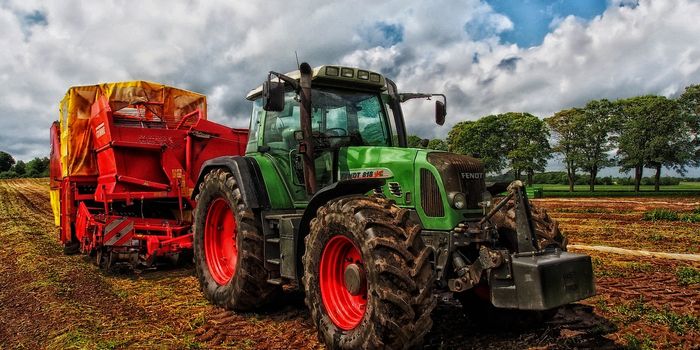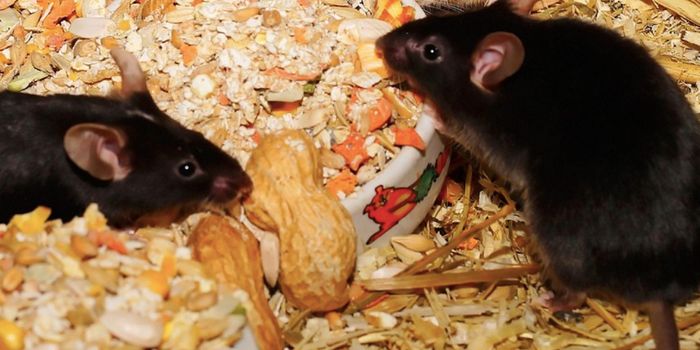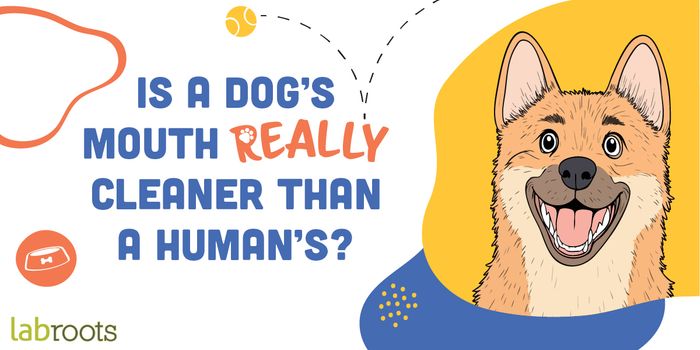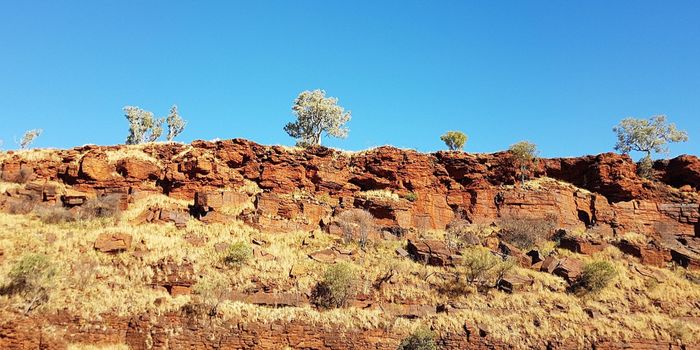Gough Island Seabird Populations Are Being Threatened by Oversized Mice
According to the Royal Society for the Protection of Birds (RSPB), a bevy of different seabirds native to Gough Island now face the imminent threat of extinction. Among those is the Tristan albatross, which is recognized by the International Union for Conservation of Nature (IUCN) as being a critically-endangered species.
Image Credit: Ben Dilley
As it would seem, Gough Island’s colorful array of seabird populations share their home with invasive mice that were brought to the island during the 19th century. Over time, these mice have become incredibly resourceful, learning to survive by eating seabirds’ eggs and hatchlings.
"Many of the seabirds on Gough are small and nest in burrows," explained Dr. Anthony Caravaggi from University College Cork. "The chicks are smaller and have no escape route, so for an opportunistic mouse these chicks constitute relatively easy prey."
Related: Bigger birds dominate food sources, study finds
Most mice are relatively small, but the ones residing on Gough Island have been eating like kings for a while; consequently, they’ve evolved to be around 50% larger than the typical domestic mouse.
"The mice have done so well that they've grown bigger and are now attacking all seabirds, even Tristan albatross chicks, which are far bigger than other, smaller sea-going birds," Caravaggi added.
Oversized mice populations have been multiplying on Gough Island at an exponential rate, and as you can probably imagine, they all want food. Unfortunately, some seabird populations can’t reproduce quickly enough to keep up with the feasting, and it’s driving their numbers down into the ground.
The mice impact many seabirds, but the Tristan albatross is perhaps one of the most vulnerable examples. There are thought to be 2,000 or fewer breeding pairs in the wild today, and they lay eggs very infrequently. That said, experts fear they could go extinct ‘within a number of decades’ if we don't do something about it.
"In a very short space of time, the Tristan albatross will be lost and this is also true for a number of other species," Dr. Caravaggi expressed. "Even though the Tristan is the headline here, a great number of others, including the Atlantic petril and MacGillivray's prion will follow suit if the mice aren't removed."
Related: This African bird is new to science, and it’s already in trouble
Given the dire circumstances, conservationists with the RSPB are planning a full-out attack on the oversized mice by 2020. The plan involves using helicopters to sprinkle Gough Island with poisonous pellets that would eradicate most of the problematic mice without harming the seabirds.
Conservationists have conducted comparable operations on other islands previously, and it displayed successful results. That said, hopes are high that we’ll be able to save Gough Island’s seabirds from what otherwise looks like an imminent extinction.
It should be interesting to see how it all goes down…









